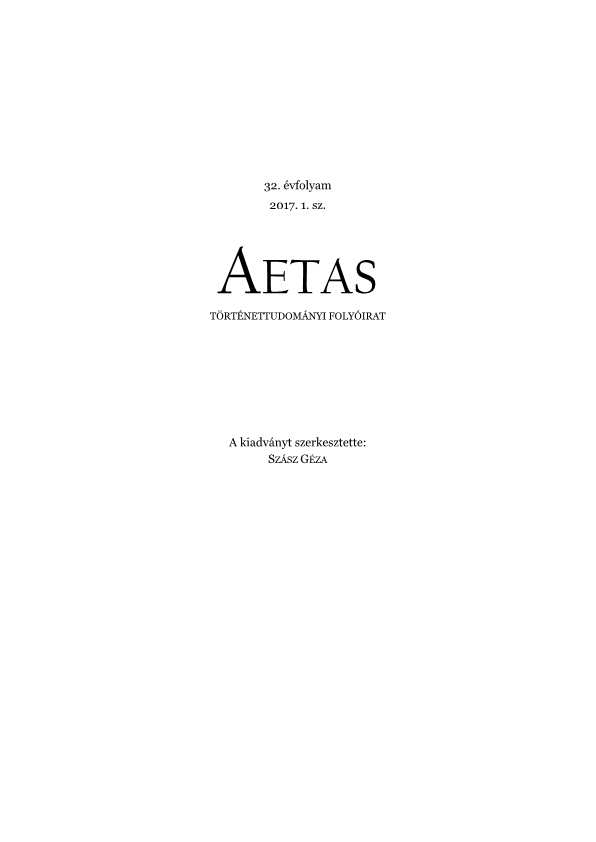Az első világháborús nekrológiai diskurzus sajátosságai Bányai Elemér író, újságíró halála, temetése és kultusza kapcsán
The Characteristics of Obituary Discourse in the First World War through the Example of the Funeral and Cult of Writer-Journalist Elemér Bányai
Author(s): Eszter BalázsSubject(s): Pre-WW I & WW I (1900 -1919)
Published by: AETAS Könyv- és Lapkiadó Egyesület
Summary/Abstract: The complexity of Writer-Journalist Elemér Bányai’s cult proves that the “peace of God” within the intellectual elite and the press was more of a myth, even though a lot of people looked at Bányai as the symbolic embodiment of this peace. The majority of civic radicals, leftist writers and the authors of the literary journal Nyugat did not accept the overly prowar interpretation of Bányai’s works, military service and death. This is substantiated by the contents of the obituaries they wrote as well as the funeral service held separately from the solemn reburial. Published in 1916, Zuboly könyve, though it also contained Ottokár Prohászka’s funeral address, featured Zsigmond Kunfi’s obituary and, apart from Prohászka’s speech, omitted any overly pro-war obituaries. Another factor that made it impossible for Bányai to represent the “peace of God” was that it was exactly at the time of his reburial that, after a nearly year-long series of military failures, the official writers, elated by the battlefield successes of the summer of 1915, launched a smear campaign against the writers and intellectuals critical of the war in the name of “national morale”. They thought it was time to settle accounts with the writers who had been trying to restore their autonomy shaken in the war, for which their growing criticism of the war was a good excuse.
Journal: AETAS - Történettudományi folyóirat
- Issue Year: 2017
- Issue No: 1
- Page Range: 5-26
- Page Count: 22
- Language: Hungarian

